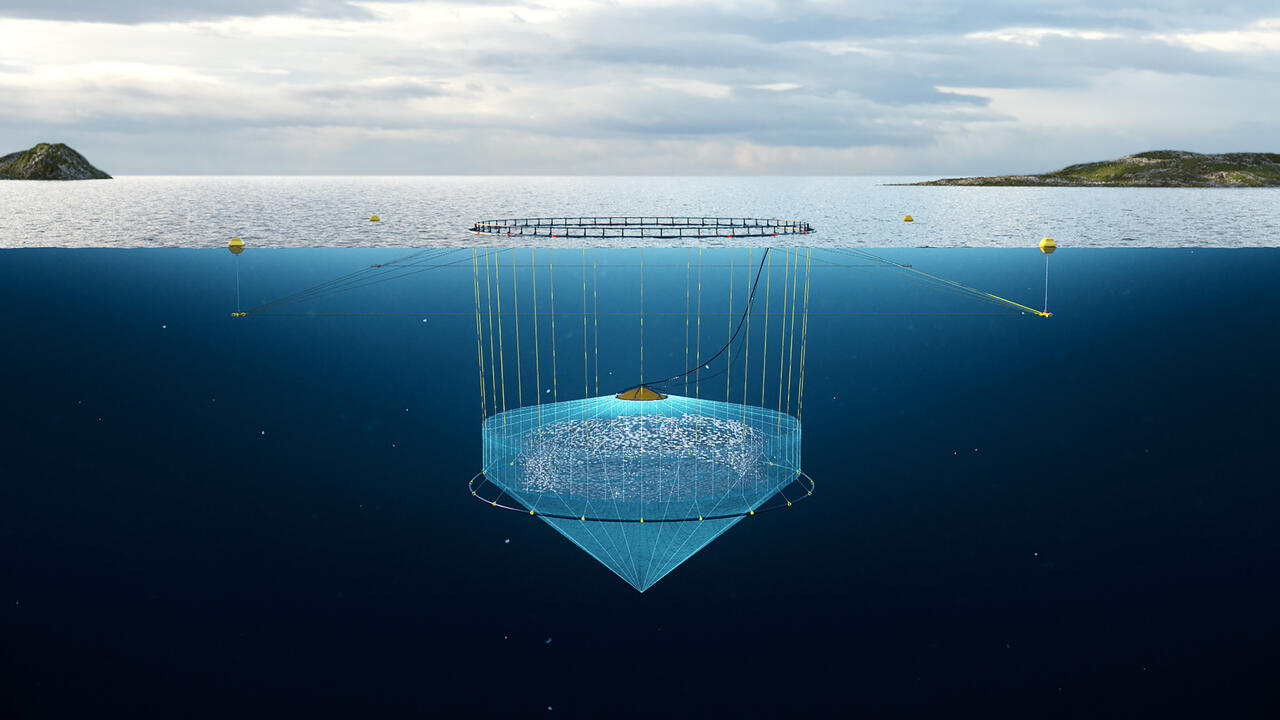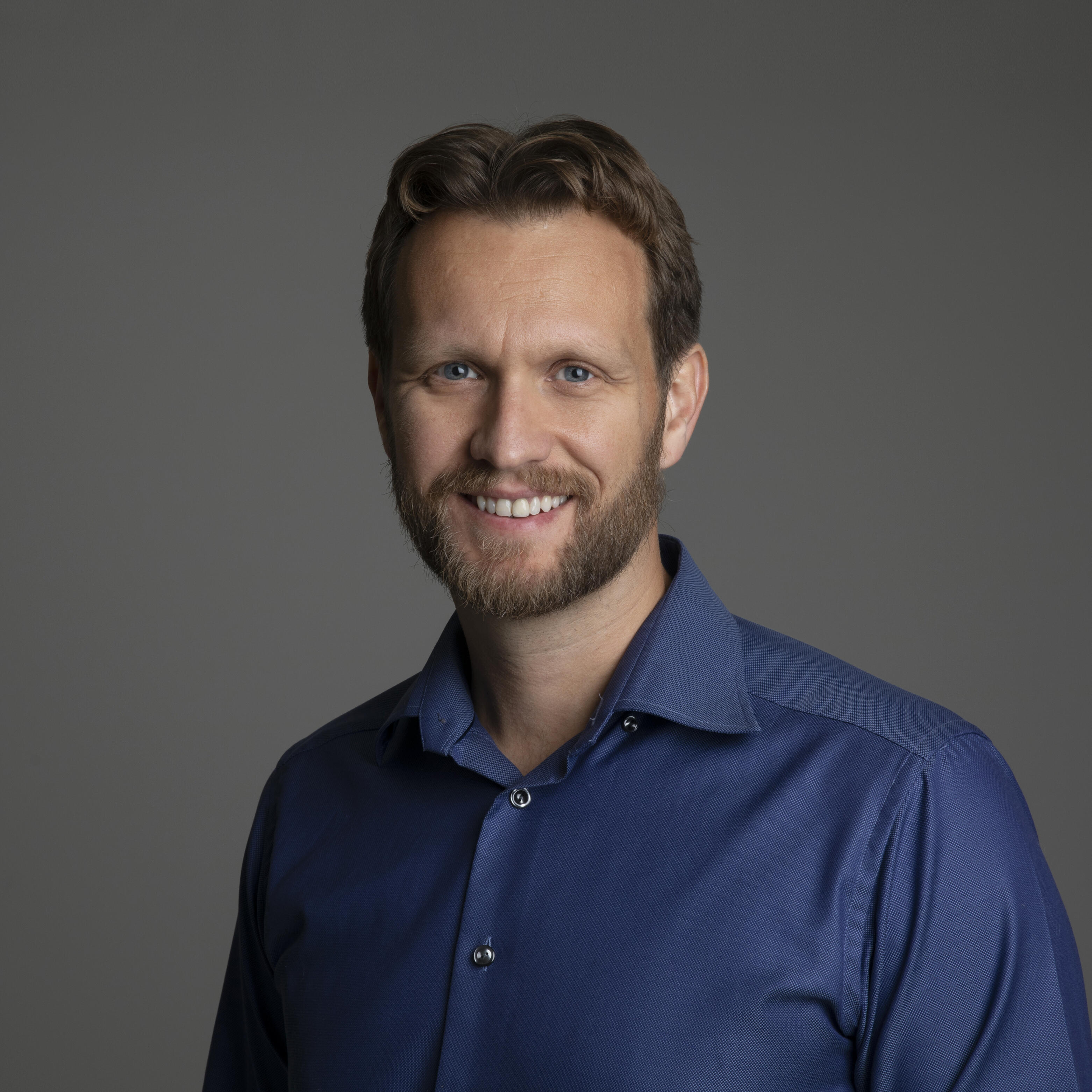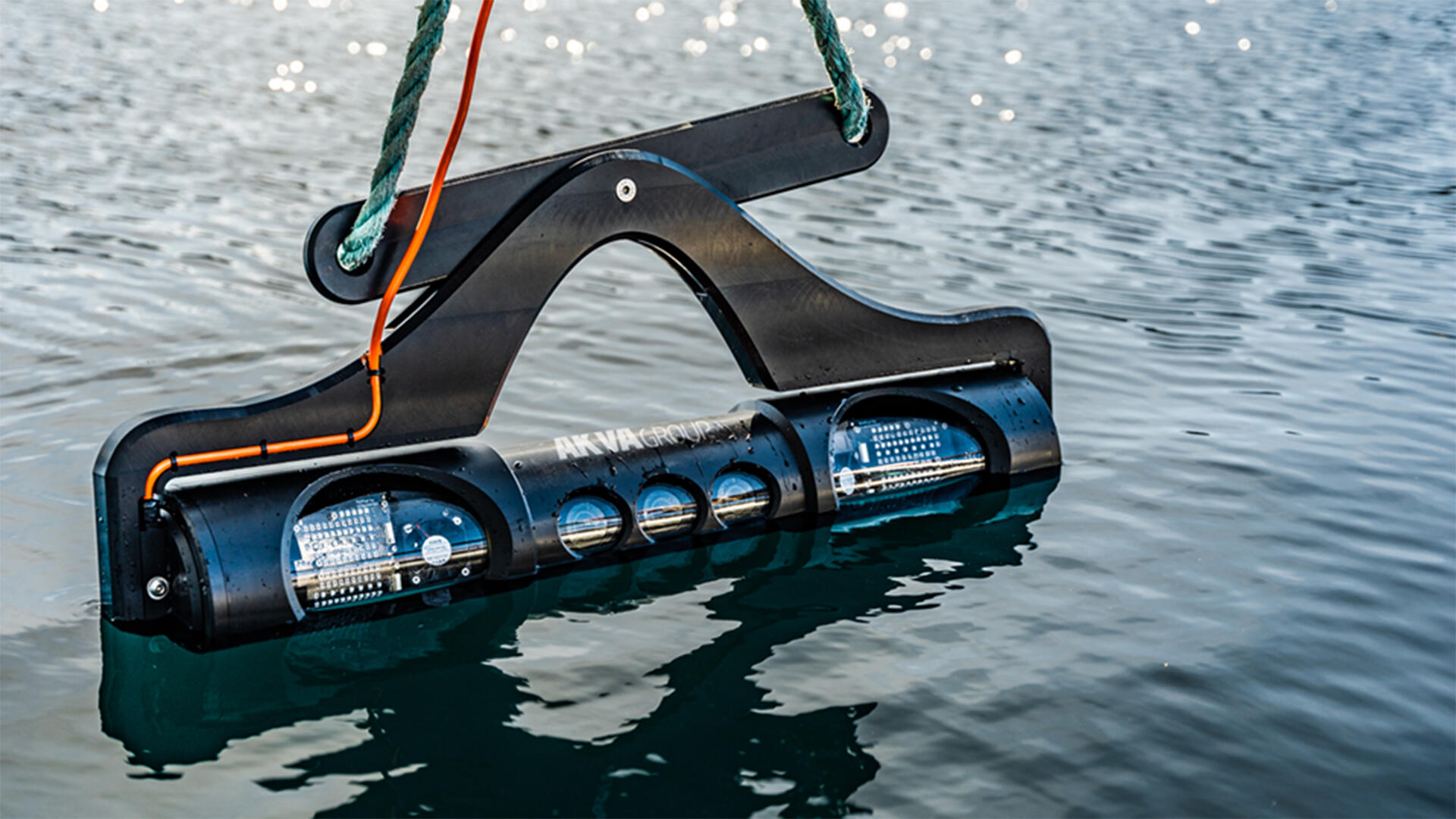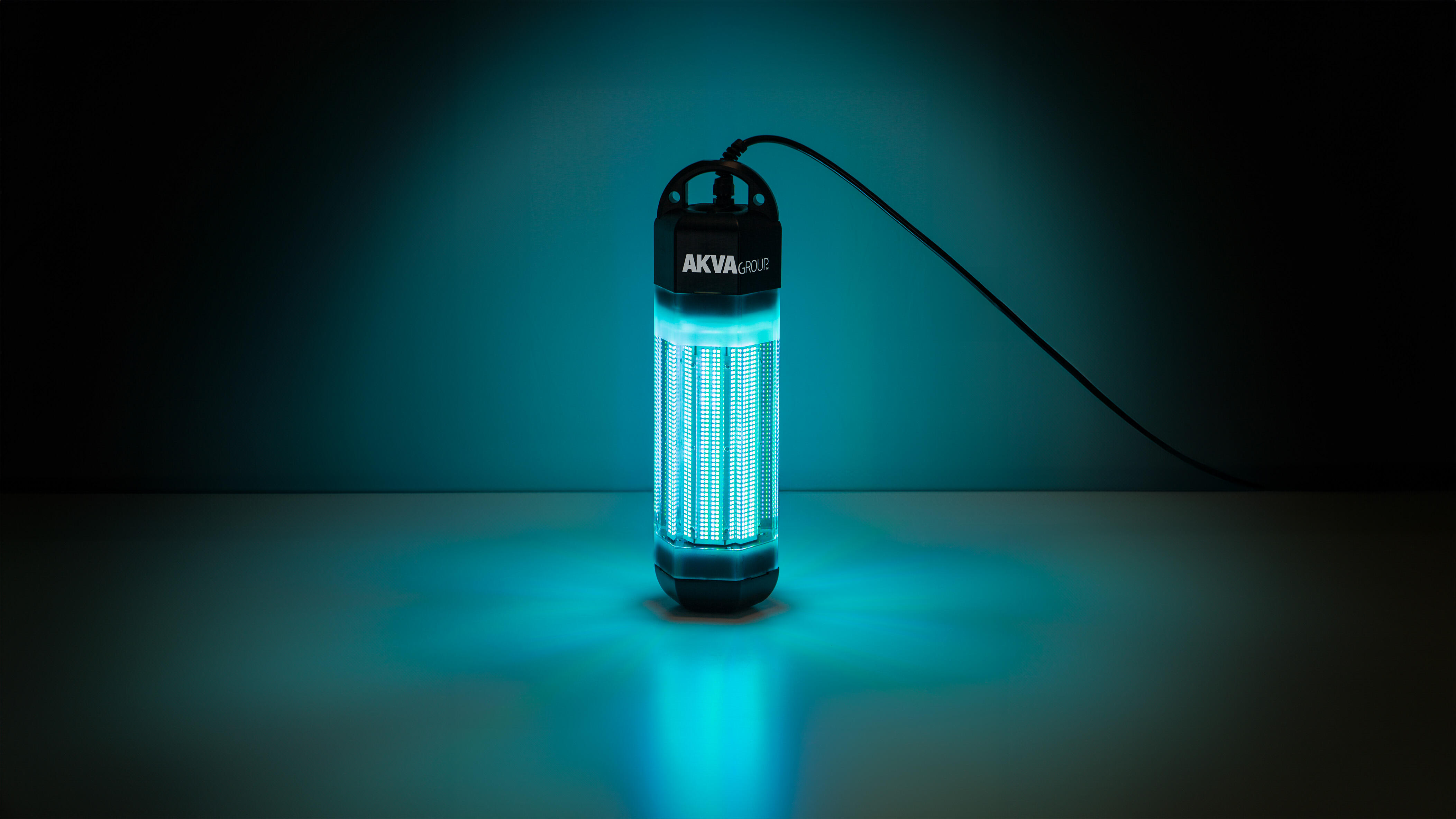
Recent findings have reinforced the effectiveness of deep farming, specifically through the Nautilus concept, in eliminating the need for lice treatments in fish farming pens. This approach, which submerges salmon into depths uninhabitable by sea lice, has enabled several fish farmers to achieve what has long seemed unattainable: completely avoiding lice treatments within their pens.
SinkabergHansen was the first fish farmer demonstrating that deep farming could eliminate the need for lice treatment. Further results from other Norwegian fish farming companies utilizing Nautilus pens across various locations have shown similar outcomes, eliminating the need for lice treatments.
Through a pioneering partnership with SinkabergHansen, AKVA group has made deep farming technology accessible via Nautilus pens.

Arnstein Hosaas, Innovation Director in AKVA group.
"Our close collaboration with the farmers to continually refine the concept not only makes our work vital but also incredibly exciting," says Arnstein Hosaas, Innovation Director at AKVA group.
Deep farming is a skill that takes time to master.
"I commend our new clients in deep farming for their genuine desire to improve fish health and the considerable effort and resources they invest to excel in deep farming. While they are eager to see positive results quickly, they patiently build their knowledge step by step. The first step is to operate safely and avoid lice infestation. We have essentially achieved this goal together. The next step is to operate efficiently, with better growth and improved fish health. It takes time to become truly good, even with deep farming, says Hosaas.
Confidence in modular waterborne feeding
The new deep farming concept relies not just on innovative technology but also on the careful adaptation of existing solutions. Waterborne feeding has been significantly improved for efficient use in deep farming. Following an extensive pilot program with several fish farmers, AKVA group now offers a modular solution that easily converts traditional airborne feeding systems to waterborne feeding. This module, weighing approximately 300 kg, facilitates a smooth transition to deep farming without the need for complex modifications to the existing feed barge.
"We believe that customers starting with modular waterborne feeding in the transition to deep farming will prefer a specially adapted waterborne feed barge for their next investment. Such a barge, designed specifically for waterborne feeding, will offer greater energy efficiency, improved feed handling, and a better working environment compared to converted airborne systems," says Hosaas.
Waterborne feeding is essential for deep farming, as is underwater lighting and lice counting with a biomass and lice control camera. AKVA submerged uses artificial intelligence (AI) to enhance data collection processes.
 AKVA submerged sensors require minimal maintenance and have a unique ability to automatically clean the camera lens, setting them apart from other lice-counting cameras. Photo by AKVA group.
AKVA submerged sensors require minimal maintenance and have a unique ability to automatically clean the camera lens, setting them apart from other lice-counting cameras. Photo by AKVA group.
 AKVA sublumin is AKVA group's latest underwater light, combining quality with an affordable price for your fish pens. With an impressive depth capability of up to 80 meters, AKVA sublumin meets the requirements for a robust and reliable solution in deep farming operations. Photo: AKVA group.
AKVA sublumin is AKVA group's latest underwater light, combining quality with an affordable price for your fish pens. With an impressive depth capability of up to 80 meters, AKVA sublumin meets the requirements for a robust and reliable solution in deep farming operations. Photo: AKVA group.
Read more about the deep farming concept here.
Extensive research and collaboration
From the development of Atlantis Subsea Farming to the current Nautilus concept, AKVA group's technological journey has been grounded in extensive research and collaboration. This collaboration has included institutions such as SINTEF Ocean and the Institute of Marine Research, as well as a close partnership with SinkabergHansen, which has been crucial for the solutions we see today.
"Over the years, we have developed an efficient work methodology and gained high competence in customizing the Nautilus solution for each unique location and the individual needs of the farmer," says Hosaas.
AKVA group has enhanced the deep farming concept by carefully adjusting each component for optimal interaction within the system, in line with the stricter requirements of the latest revision of NS9415. This involves customized floats, bottom rings, and net solutions with integrated passages for technical equipment and diver access.
"Integrating the equipment into a complete system is critical for the health of the fish and avoiding deformities. Our responsibility to deliver a complete system leads to expectations of close collaboration and follow-up, enhancing our efficiency and strengthening the partnership with our customers towards the goal of improved fish health."
About deep farming
Definition: Deep farming refers to an innovative method in aquaculture that involves submerging the fish net pen into depths where sea lice are not present. This creates an environment where salmon can grow without the negative impacts of sea lice.
- Developer: AKVA group and SinkabergHansen.
- Background: Sea lice currently represent the biggest challenge in Norwegian aquaculture, with serious consequences for fish health and significant economic costs for farmers.
- Solutions: AKVA group has developed technologies such as Tubenet™ and Nautilus™ to prevent salmon from staying in waters where lice larvae exist. These solutions provide fish with access to an environment characterized by minimal lice pressure and good water quality.
Benefits:
- Reduced lice impact: By keeping fish in deeper water or bringing water from the depths to the surface, the upper layers where lice larvae exist are avoided.
- Improved fish health: Better environmental conditions and reduced need for lice treatment contribute to better fish health and growth conditions.
- Economic efficiency: Reduces the need for lice treatment, potentially saving farmers significant, both costs directly, by avoiding expenses related to lice treatment, and indirectly, by avoiding days of lost feeding.
- Energy savings: Waterborne feeding reduces energy consumption by approximately 70%.
- Results: The use of Nautilus pens has shown good results, with very low lice counts and no need for lice treatment.
- Sustainability: Reduces environmental impact by lowering lice levels on the site and minimizing or eliminating the need for lice treatment.
- Collaboration: AKVA group has closely collaborated with research environments such as SINTEF Ocean and the Institute of Marine Research, as well as SinkabergHansen and other fish farming companies to develop and test deep farming technology.
- Future potential: Deep farming represents a promising step towards more sustainable and efficient salmon farming, with potential for further development and optimization of the technology.
